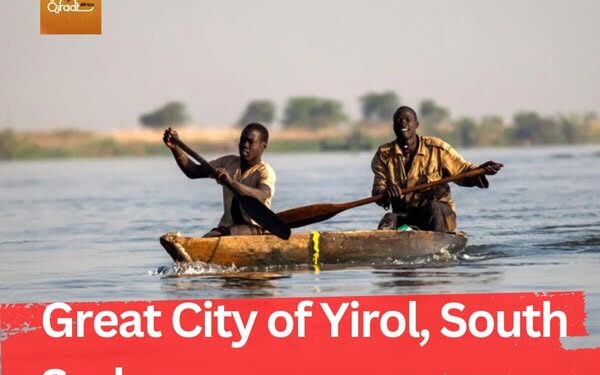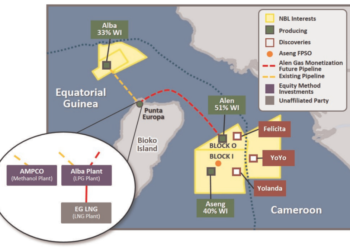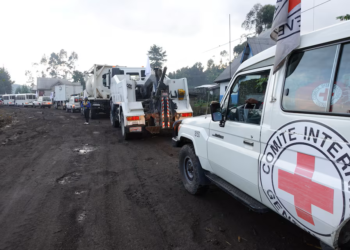Yirol is a city in South Sudan. The city is surrounded by water bodies (a river and a lake), which offer water for human and livestock use and consumption. The fish from the river and lake are a source of badly needed protein for the local population. Fishing takes place on nearby Lake Yirol, Lake Nyiboor, Lake Anyii and the River Payii. Yirol is also the seat of an Anglican bishopric. As of July 2011, it is estimated that the population of Yirol, South Sudan, is approximately 11,650.
The three pillars of the economy in Yirol are (a) cattle ranching, (b) fishing and (c) subsistence agriculture. Cattle ranching requires the frequent movement of animals in search of green pastures, in concert with the rain patterns in the area. The majority of Yirol East County is categorised as part of the Nile basin fishing and agro-pastoral livelihood zone, while sections in the south belong to the Western flood plains zone. The Nile basin zone is characterised by green vegetation and black cotton soil, with swamps and wetlands, while the Western flood plains have black clay soils and short vegetation.
Yirol East County residents engage in a mix of fishing, herding, and farming for their livelihoods. An estimated 80% of households in the county engaged in agriculture in 2018 (FAO/WFP 2018). More recent figures from the FAO/WFP indicate the figure has declined to 75% of households in the county being engaged in farming, with a gross cereal yield of 1.1 tonnes per hectare in 2021 (FAO/WFP 2022), increasing to 1.2 tonnes per hectare in 2022 (FAO/WFP 2023).
While Yirol East County is located on the eastern edge of Lakes State. It borders Awerial County to the southeast, Yirol West County to the southwest, and Rumbek East County to the west. It also borders Unity State (Panyijiar County) to the north and Jonglei State (Twic East and Bor South Counties) to the east. Jang are an ethnic group from Yirol East, and the Atuot are from Yirol West. There is a long history of conflict between them.



























































